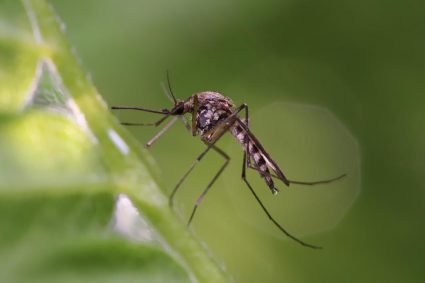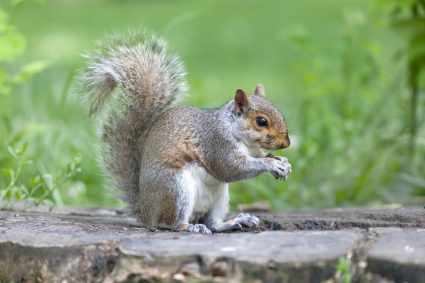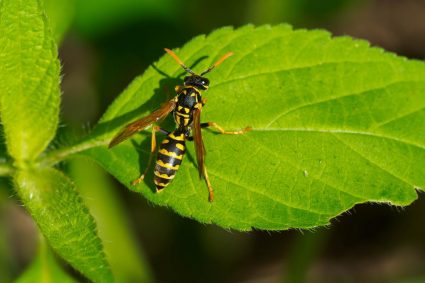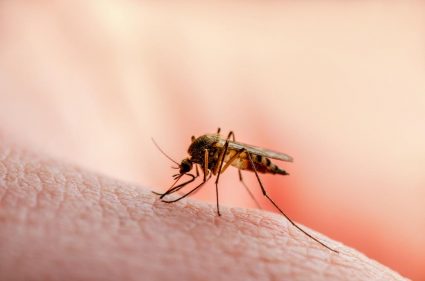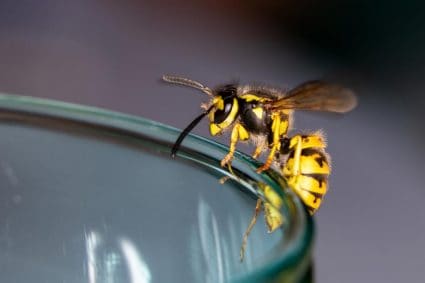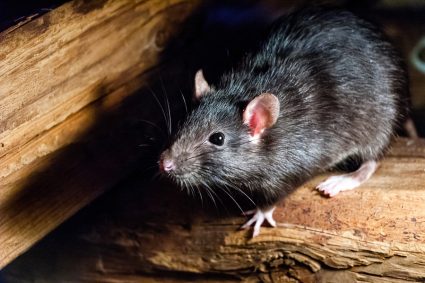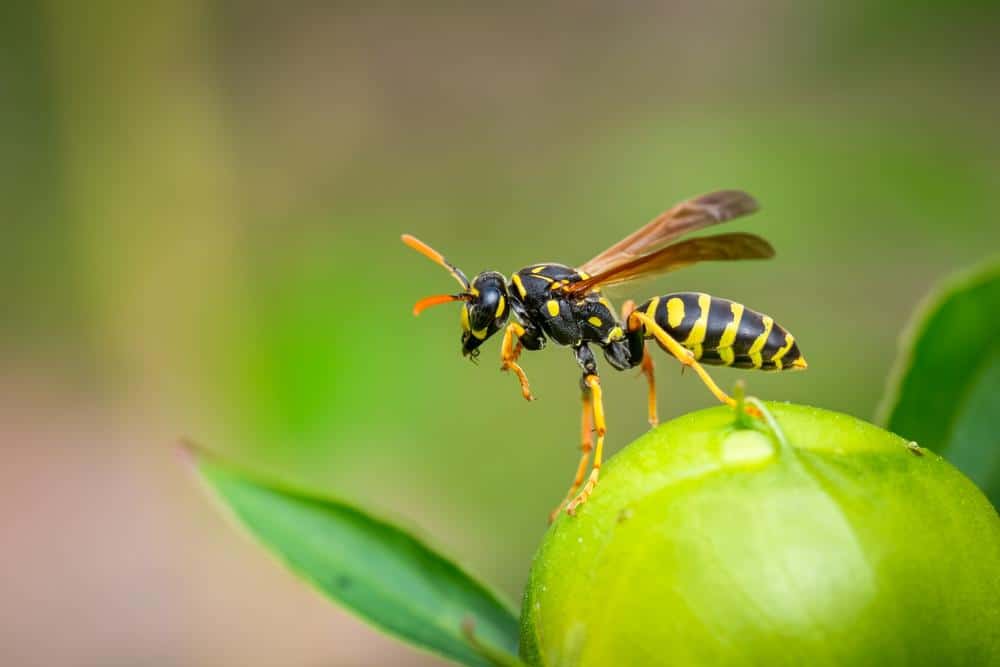
Wasps are known for their painful stings and aggressive behavior, especially during the late summer when their colonies peak. While they are beneficial to the environment due to their role in pollination and controlling other pests, they can become a nuisance when they build nests near homes or outdoor areas. This comprehensive guide will provide you with various techniques on how to repel wasps, making your home and surroundings a safer place to live.
To repel wasps, you can use a mixture of essential oils like clove, geranium, and lemongrass with water and dish soap, and spray it in areas where wasps are likely to build nests. Planting wasp-repellent plants like spearmint, thyme, and eucalyptus can also help. If these natural methods don’t work, consider using commercial products like Terro Wasp & Hornet Killer or Ortho Home Defense Hornet & Wasp Killer7. Always remember to safely remove any wasp nests and take preventive measures to avoid wasp infestations.
Understanding Wasps
Before we dive into the methods of repelling wasps, it’s essential to understand these creatures. Wasps belong to the Hymenoptera order, which also includes ants and bees. They are attracted to sweet foods, meat, and bright colors. They can become aggressive if threatened or provoked, making them a potential threat, especially for those allergic to their stings.
Natural Methods to Repel Wasps
There are several natural methods to repel wasps effectively. These methods are safe, eco-friendly, and can be easily implemented.
Essential Oils
Mix a few drops of clove, geranium, and lemongrass essential oils in a spray bottle with water and a few tablespoons of dish soap. Shake the mixture and spray it in areas where wasps are likely to build nests or where you have seen wasps in the past. Peppermint and lemongrass essential oils have also been found to be effective in repelling wasps.
Wasp-Repellent Plants
Planting specific varieties like spearmint, thyme, eucalyptus, wormwood, and citronella can help keep wasps away from your home. Other plants that repel wasps include marigolds, geraniums, pennyroyals, mint, basil, lemongrass, and bay.
Commercial Products for Repelling Wasps
When natural methods are not enough, you can resort to commercial products designed to repel or eliminate wasps. Some of the most effective products include Terro Wasp & Hornet Killer, Ortho Home Defense Hornet & Wasp Killer7, Spectracide Wasp & Hornet Killer, Viper EC, and Raid Wasp and Hornet Killer Spray. Remember to follow the instructions on the label and use them safely to avoid any harm to yourself or the environment.
Safely Removing a Wasp Nest
If you discover a wasp nest on your property, it’s crucial to remove it safely. Wear protective clothing, choose the right time for removal, use a wasp-killing pesticide spray, and dispose of the nest properly. If the nest is hard to reach or you’re unsure about the removal process, consider hiring a professional pest control company.
Preventive Measures
Prevention is always better than cure. Seal cracks and crevices, keep food and trash covered, install protective screens, maintain your yard, and regularly inspect your property. By implementing these preventive measures, you can significantly reduce the risk of wasp infestations and make your property less attractive to these stinging insects.
Allergic to Wasp Stings? Here’s What to Do
If you’re allergic to wasp stings, it’s crucial to stay calm and move away slowly if you encounter a wasp. Wear protective clothing, use insect repellent, and avoid wearing bright colors and fragrances. Seek immediate medical help if stung, and take an antihistamine as soon as possible. If you’ve been prescribed an epinephrine auto-injector, carry it with you and use it as directed.
In conclusion, while wasps play a vital role in our ecosystem, they can become a problem when they invade our living spaces. By using a combination of natural methods, commercial products, and preventive measures, you can effectively repel wasps and protect yourself and your loved ones from their painful stings.
Frequently Asked Questions
What time of the day is best to remove a wasp nest?
The best time to remove a wasp nest is during the night or early morning when wasps are less active and most are inside the nest. It’s also cooler, which makes them slower and less aggressive.
Can I use any kind of dish soap for the essential oil repellent mixture?
Yes, any kind of dish soap can be used in the essential oil mixture. The soap helps to spread the essential oils and increase their effectiveness.
How often should I spray the essential oil mixture?
You should spray the essential oil mixture every few days, especially during peak wasp season. If it rains, you might need to spray more often as the mixture will wash away.
Is there a specific color that attracts wasps?
Wasps are attracted to bright colors, particularly yellow and white. They can also be attracted to floral patterns and perfumes, mistaking them for flowers.
Can wasps sting multiple times?
Yes, unlike bees, wasps can sting multiple times. This is because a wasp’s stinger is not barbed like a bee’s and does not get stuck in the skin upon stinging.
Are all wasps aggressive?
Not all wasps are aggressive. However, common wasps like yellow jackets and hornets can be aggressive, particularly if they feel their nest is threatened.
What should I do if I get stung by a wasp and I’m not allergic?
If you’re not allergic to wasp stings, wash the area with soap and water, apply a cold compress to reduce swelling, and consider taking an over-the-counter pain reliever. If the sting area becomes increasingly red and swollen over a few days, seek medical attention as it could be infected.

